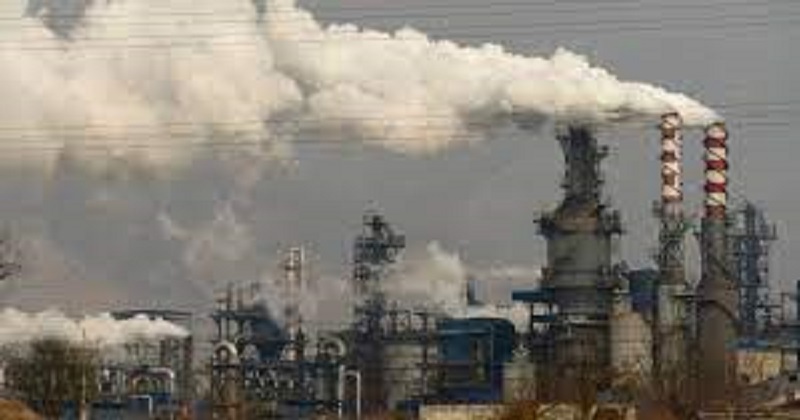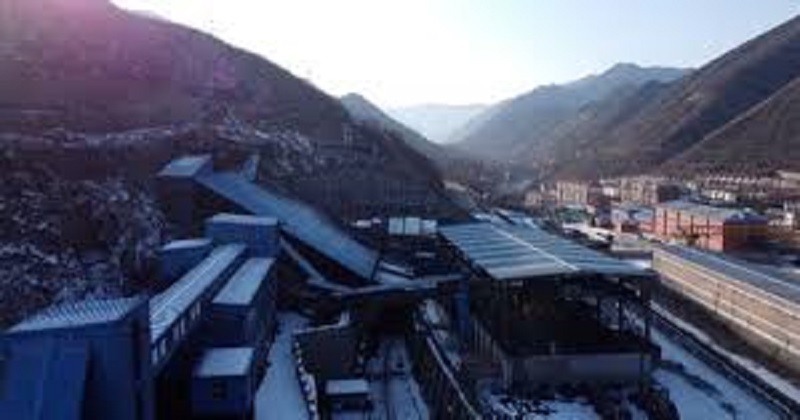
A number of Chinese factories have ceased operations as a result of power shortages of electricity and government mandates to reduce carbon emissions. Many Chinese companies have announced power rationing, which could delay the fulfilling of orders and hurt their bottom line. In China, the shortage of coal supplies, tougher emission regulations, and strong demand from manufacturers have led to widespread restrictions on coal use, reports Reuters.
In an effort to promote energy efficiency, Beijing has idled some plants to avoid exceeding its daily energy consumption limit. It has repeatedly launched campaigns to make its energy-hungry economy more efficient and clean up smog-choked cities. Since the middle of August, twenty provinces have cut off the distribution of electricity, including Guangdong, Zhejiang and Jiangsu, putting a strain on the earnings of companies. In some provinces, most of their energy quotas were consumed in the first half of the year.

In Northeastern China, news reports and social media posts mention problems such as traffic lights, 3G networks and fear of water disruptions. Stores are also operating by candlelight. These power cuts and supply restrictions would immediately impact steel, aluminum, and cement production and infrastructure construction. The Chinese economy has recovered from the Coronavirus recession and has resumed strong growth; however, coal production has failed to keep pace, which means generators lack fuel.
Since last week, rationing has been in place during peak hours in many parts of northeastern China, causing state-run media to report power supply disruptions in many cities and sparking concerns on social media. During one of their busiest seasons, China’s vast manufacturing industries have been disrupted due to the ruling Communist Party’s efforts to balance economic growth with efforts to curb pollution and emissions of climate-changing gases. The global shutdown of travel and commerce to fight the Coronavirus pandemic has already impacted manufacturers with processor chip shortages, shipping interruptions and other longer-term effects.
Read more: A look at Indians’ problems with the H-1B visa system
Global leaders are preparing to attend a UN environmental conference by video link in Kunming on October 12-13. The host government of President Xi Jinping, as the meeting’s host, has more pressure to show that it is sticking to its emissions and energy efficiency targets. One of the world’s largest emitters of climate-changing industrial gases, China consumes more energy per unit of economic output than developed countries. Beijing and Shijiazhuang will also host the Winter Olympics in February, a time when the government is hoping for clear blue skies.
As a result, Goldman Sachs and Nomura revised down their projections for Chinese economic growth this year. In a report published Monday, Nomura economists Ting Lu, Lisheng Wang and Jing Wang said that enforcing China’s energy consumption limits might yield long-term benefits, but short-term costs are considerable. It was so severe that they lowered their economic growth forecast for China to 4.7 % from 5.1 % over a year earlier in the current quarter. Growth is now expected to be 7.7 %, down from 8.2 %.

Post Your Comments